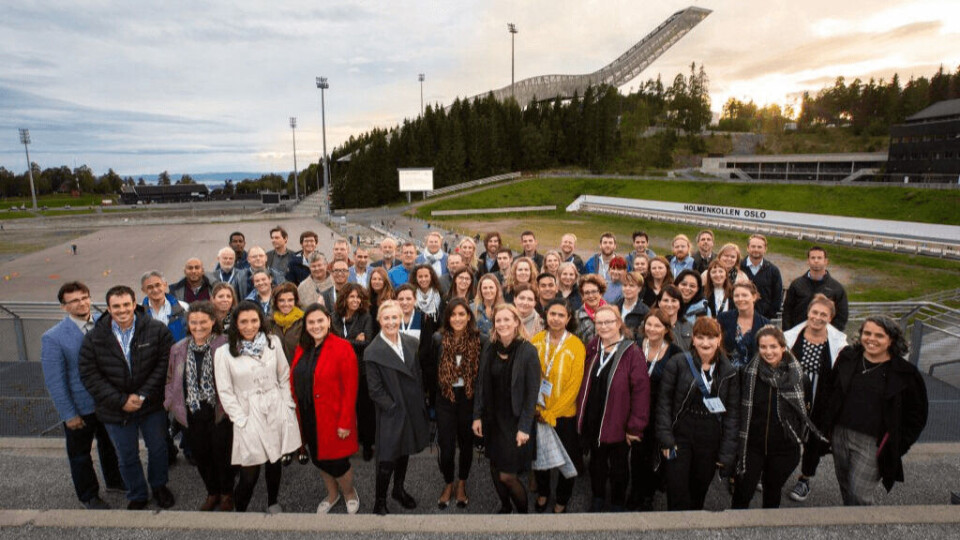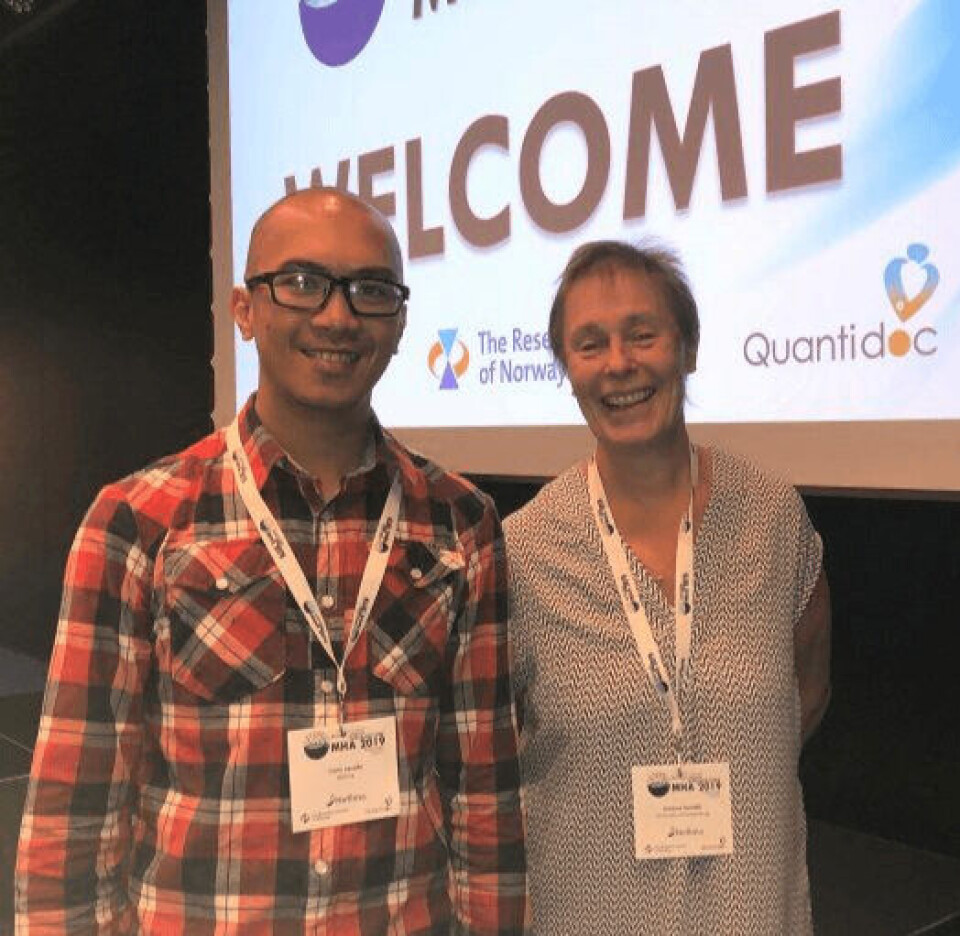
Symposium shines spotlight on mucosal health
Researchers and industry representatives from all over the world have taken part in a symposium to dive into research on fish skin, gut and gill tissues in aquaculture. The idea was to direct more attention to preventive fish health.
“I am extremely happy; this was beyond the expectations I had beforehand,” said organiser Carlo C Lazado, a fish health researcher at Norwegian research institute Nofima, said in an article on the institute’s website.
“Many professionals from different backgrounds came for such a specialist theme and we derived both benefit and pleasure from each other’s knowledge.”
99 delegates
The first International Symposium on Mucosal Health in Aquaculture (MHA2019) gathered 99 delegates from 17 countries in Oslo, Norway, for three days. The award for best poster at the event went to University of Aberdeen PhD student Eoin Costelloe.
Mucosal health reflects how well the mucosal barrier tissues in the gills, intestines and skin work to maintain good health. For example, how well the skin prevents a salmon louse from attaching itself, how the gills respond to treatment against amoebic gill disease (AGD) or how well the intestine tolerates soy in the feed.

Leading authorities
Half the delegates presented research on stage, and many of them are leading authorities on the subject, such as Eric Peatman from Auburn University in the USA who delivered a plenary lecture.
He explained that with mucosal health you direct attention to early stages of infection, so as to stay one step ahead of disease, because when your attention is drawn to the kidneys, the fish is already very ill.
Peatman believes we are in the process of shifting attention from treatment to preventive fish health.
“These barrier tissues are the fish’s first line defence, where the pathogens meet the fish. We know a good deal, but we need to understand more about the interaction between the fish and the pathogens in the barrier tissues so as to give the fish a better aquatic environment, better feed, vaccination strategies and so on,” he said.

Welfare indicators
Kristina Sundell of the University of Gothenburg is a veteran in the field of research on barrier tissues.
“Where before we were concerned about demonstrating that diminished barrier tissues led to reduced function in fish, now we have come a long way towards establishing welfare indicators, which fish farmers will be able to use to measure fish welfare in the field,” explained Sundell.
“Indicators on barrier tissues are far more stable than measurements in blood, for example.
“The aim is not to have to wait until the fish becomes ill, but that we can find early signs to prevent this.”
Work to be done
Quanitdoc,a sponsor of the symposium, sells such welfare indicators, which can measure stress response based on barrier tissues and thereby predict developments in the fish’s health.
Judging by the lectures, a good deal of research remains to be done to find out about mechanisms in the fish’s barrier tissues, and it’s something Nofima is working on.
“In this field we need a good balance between basic and applied research, and at Nofima we perform experiments in the field where we can test out the theory of what constitute good aquaculture strategies, feed and environment in practice,” said Gunn Berit Olsson, research director in fish health.
She also thought it was very positive to see the broad presentation of themes at the symposium, such as human health from the University of Oslo and physical measurement methods from the Norwegian University of Science and Technology (NTNU), as well as many who presented research on many different fish species.
Platform for discussion
Lazado hopes the symposium will establish a platform to present and discuss state-of-the-art research in mucosal health in several aquaculture species.
He has received an enquiry from a research group that is interested in hosting the second symposium in two or three years.
Information about the next symposium and the platform will be on the symposium’s website mucohealthaqua.com/.























































